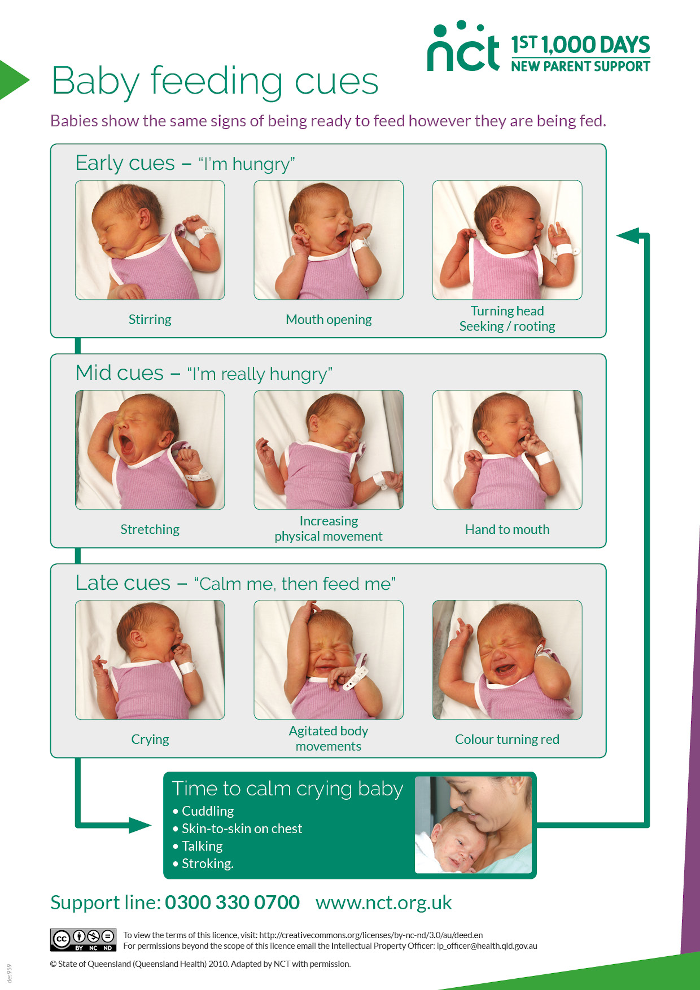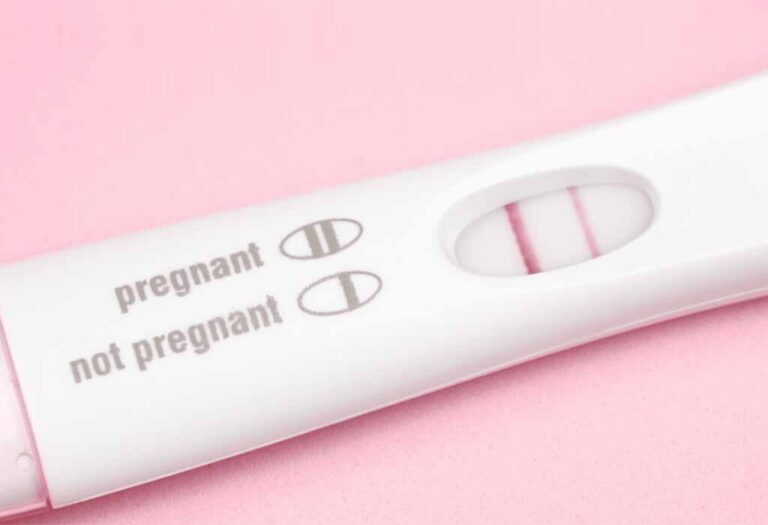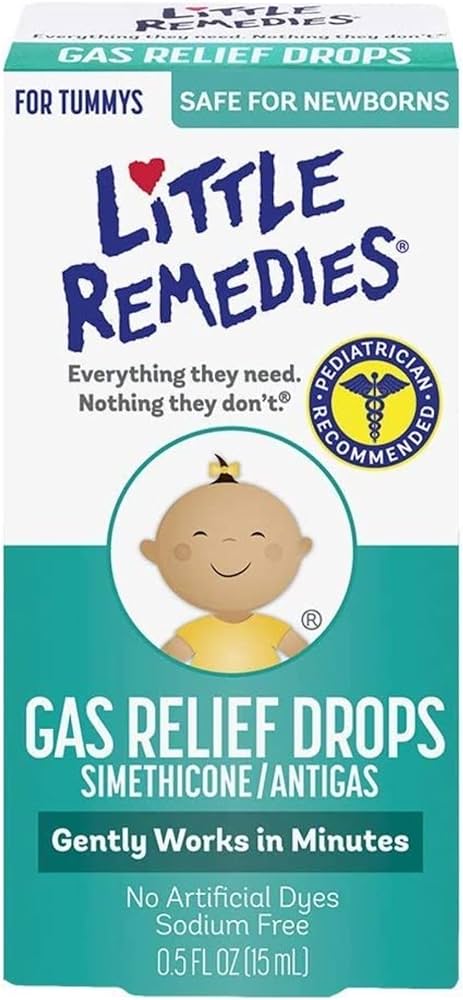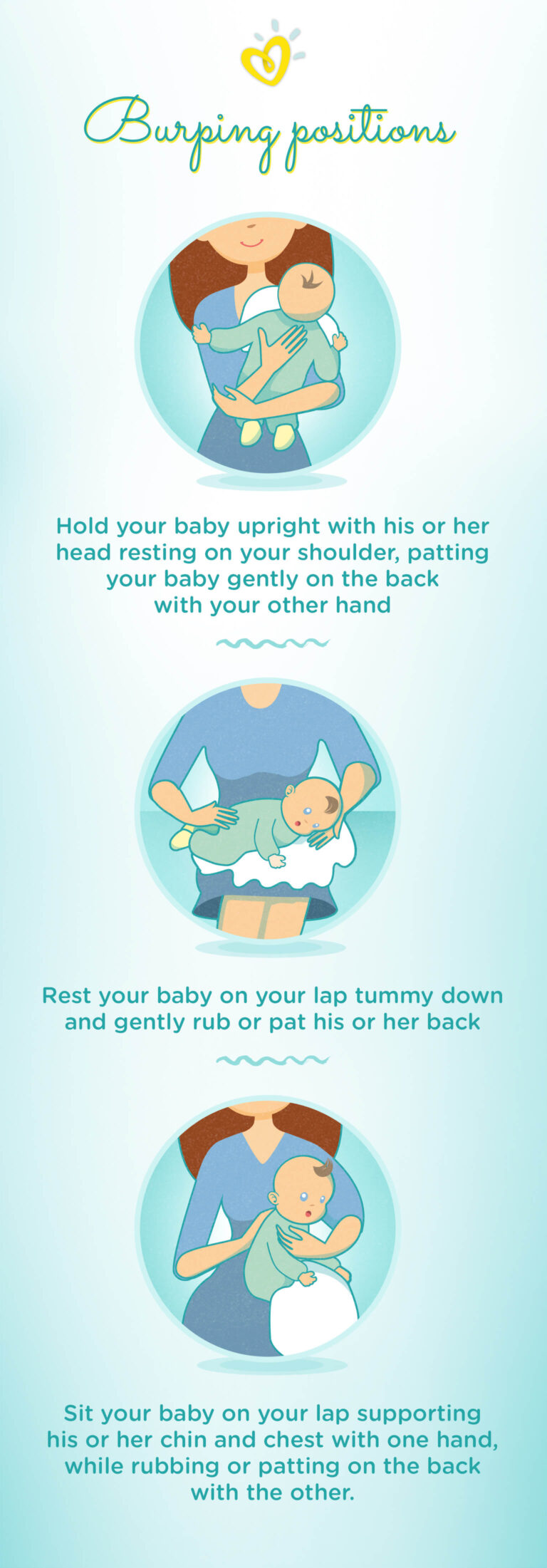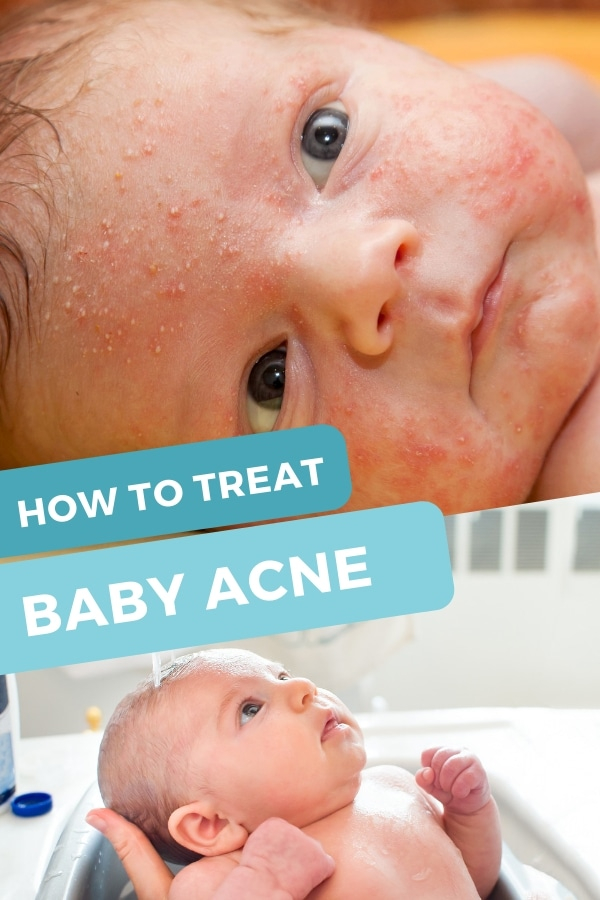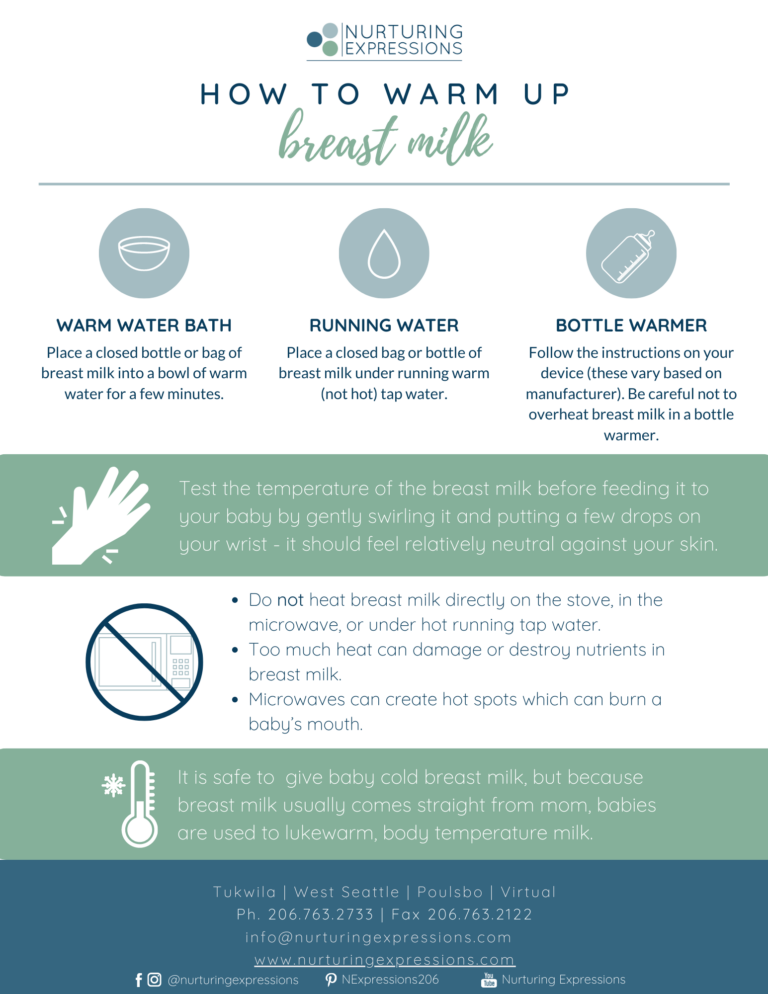How Long Do I Breastfeed My Baby: The Ultimate Guide
As a new parent, the decision of how long to breastfeed your baby can be both exciting and overwhelming. With so much conflicting information out there, it’s important to gather all the necessary knowledge to make an informed choice that best suits you and your little one. In this comprehensive guide, we will delve into the various aspects of breastfeeding duration, including the benefits, challenges, and recommended timelines.
Knowledge
When it comes to breastfeeding, the duration can vary from one mother to another. The World Health Organization (WHO) recommends exclusive breastfeeding for the first six months of a baby’s life, followed by continued breastfeeding alongside complementary foods up to two years of age or beyond. However, the decision on how long to breastfeed ultimately lies with the mother and her baby.
Breastfeeding provides numerous benefits for both the baby and the mother. For the baby, it offers essential nutrients, antibodies, and a stronger immune system. Breast milk is easily digestible and helps protect against infections, allergies, and chronic diseases. For the mother, breastfeeding helps with postpartum weight loss, reduces the risk of breast and ovarian cancer, and strengthens the bond with the baby.
While breastfeeding is a natural process, it can come with its own set of challenges. Some common issues include latching difficulties, low milk supply, engorgement, and nipple pain. It’s essential for new mothers to seek support from lactation consultants, healthcare providers, and breastfeeding support groups to overcome these challenges and ensure a successful breastfeeding journey.
As mentioned earlier, the WHO recommends exclusive breastfeeding for the first six months of a baby’s life. After the introduction of complementary foods, continued breastfeeding is encouraged up to two years of age or beyond. However, every mother-baby pair is unique, and the duration of breastfeeding can vary based on individual circumstances, preferences, and needs.
Conclusion
In conclusion, the decision of how long to breastfeed your baby is a personal one that should be based on informed choices and individual circumstances. The benefits of breastfeeding are undeniable, and it’s essential to weigh them against any challenges that may arise. Remember that the duration of breastfeeding is not a race but a journey that should be enjoyable and fulfilling for both you and your baby.
Ultimately, the key strengths of breastfeeding lie in the bond it creates between mother and baby, the health benefits it provides, and the emotional connection it fosters. The target audience for this guide is new parents, expectant mothers, and anyone interested in learning more about the benefits and challenges of breastfeeding.
In a world where convenience often takes precedence, breastfeeding is a natural and invaluable gift that should be cherished and encouraged. It matters because it lays the foundation for a healthy start in life, promotes maternal well-being, and strengthens the mother-baby bond. As we look to the future, let’s continue to support and normalize breastfeeding as a vital aspect of nurturing and caring for our little ones.
